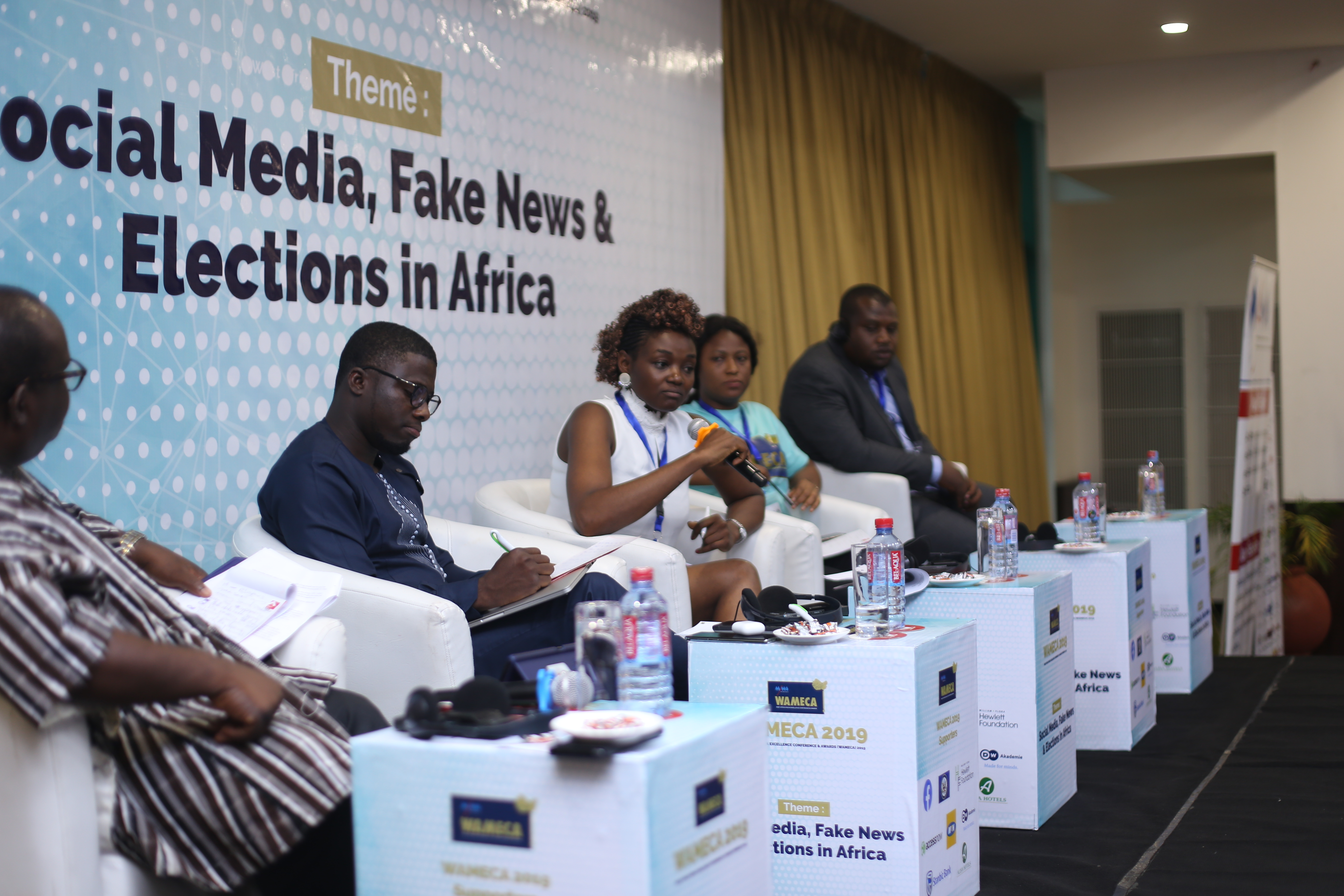African elections: Stakeholders recommend strategies for combatting internet shutdowns
After analyzing the experiences of African countries that had suffered network disruptions and shutdowns, freedom of expression stakeholders in Africa have proposed strategies for ending the increasingly recurrent culture of shutting down of the internet during elections by national governments in Africa.

The stakeholders made the recommendations during a session on the theme “Keeping the Net On: Combating Network Shutdowns during Elections, the Experience so far”, at the recently held at 2019 West Africa Media Excellence Conference and Awards (WAMECA), hosted by the Media Foundation for West Africa (MFWA) in Accra, Ghana.
The stakeholders said the recurring network disruptions and internet shutdowns during election periods have proved to have dire consequences on the economic, political and developmental fortunes of several African countries adding that the recurrence of the shutdowns during election periods had made it crucial to consider strategies to prevent or counteract them.
The experts who unanimously condemned the increasing resort to internet disruptions and blackouts during elections, as a way forward, recommended: “A multi-stakeholder approach, including strategic engagements with relevant state institutions, security agencies, industry players and civil society organisations” ahead of elections.
“There should be consistent and concerted efforts to sensitise governments to understand the importance of the internet before, during and after elections in promoting informed voter decisions, sharing elections safety measures, as channels of reporting elections malpractices, and other election-related information; Governments should also be made to understand that leaving the internet open and ensuring continuous access enhances credibility and trust by the international community,” they recommended.
“The legislature of the various countries on the continent should legislate against such practices to foster continuous access to the internet, knowledge creation and dissemination, and personal development using the internet; Academia should conduct more research on network disruptions and provide scientific evidence to governments on the negative ramifications of internet disruptions and shutdowns; Civil society organisations and the media should contribute to public education and sensitisation against internet shutdowns through audio/visual documentaries, features, info graphs and reports.”
The experts also urged for the need to build the capacities of all stakeholders, especially, civil society, media and the general public with the requisite skillset and tools for circumvention in the event of network disruptions and shutdowns while citizens be empowered with the knowledge of the understanding that digital rights were an extension of human rights, for which reason they should always demand for access to the internet, including during electioneering periods.











